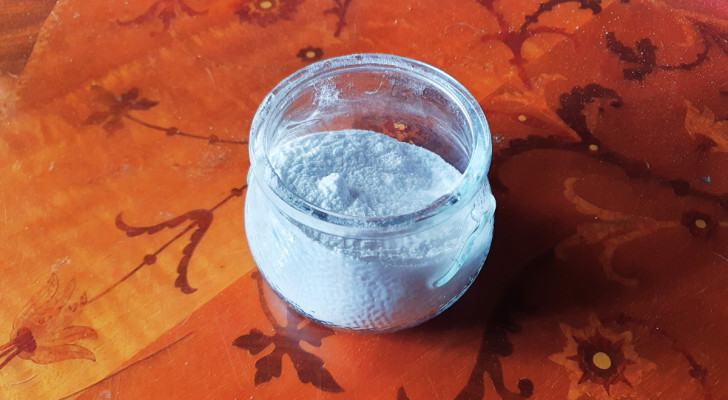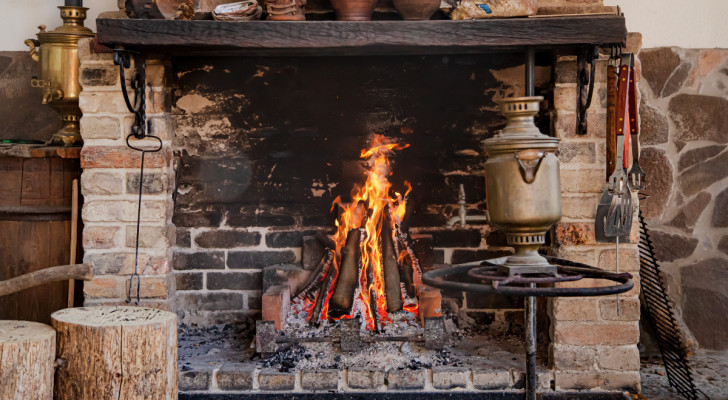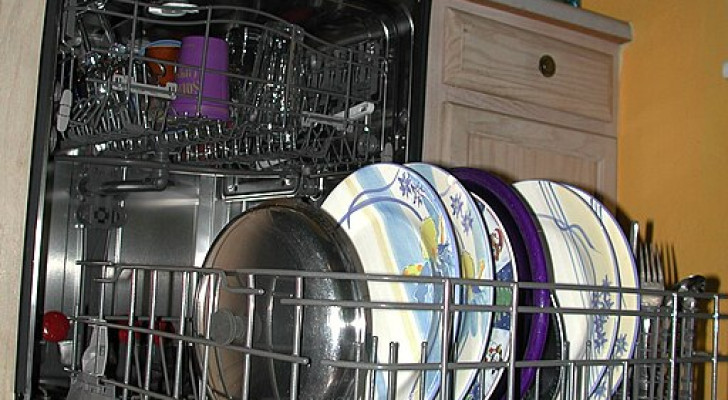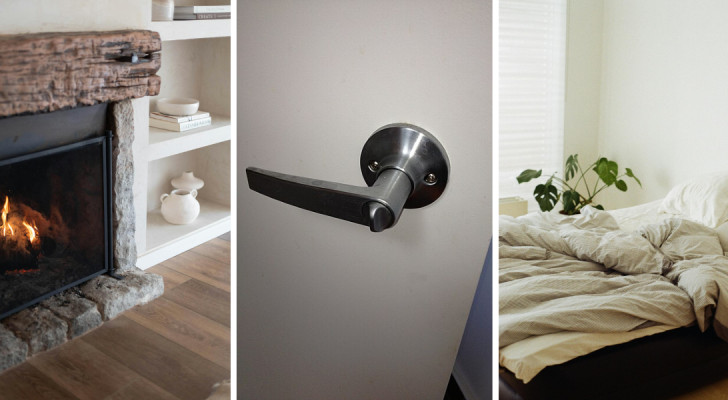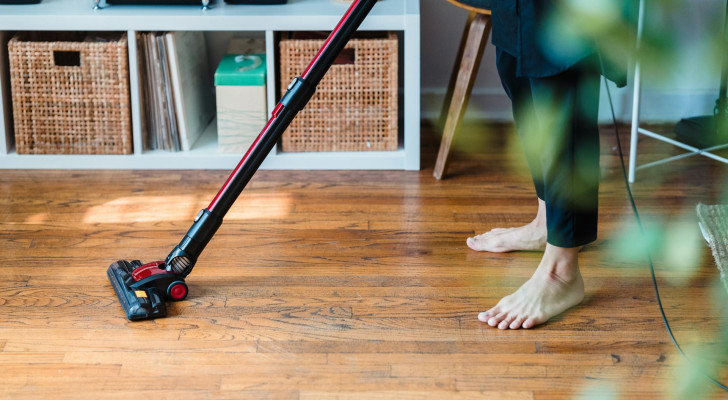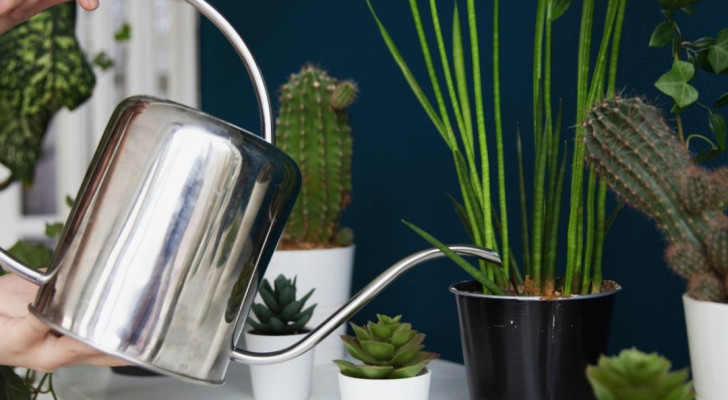You can remove rust and rust stains from your oven in just a few, simple steps
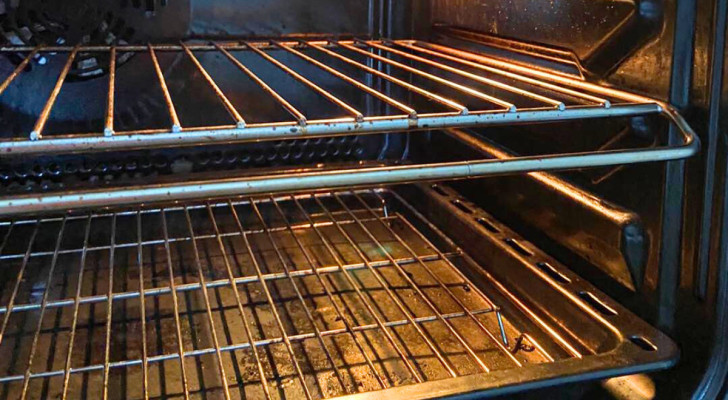
Cleaning an oven thoroughly can be challenging, especially when dealing with rust and rust stains. That said, baking soda can (again!) come to your aid. Removing small rust stains is relatively easy; it's a bit more challenging to remove extensive rusting, but it can be done (within limits, of course) - read on to find out more:
How to remove rust from the oven using baking soda
Over time, small rust stains may form both inside and on the outside of your oven: on the walls or bottom of the cooking chamber, on the grills, grates or on the metal burners. When it comes to small rust stains, you can try a simple DIY remedy to remove them, using baking soda.
To remove rust stains from the walls or bottom of the cooking chamber:
- Pour two or three tablespoons of baking soda into a cup or a ceramic bowl;
- Add water a little at a time, mixing with a spoon until you get a homogeneous cream;
- Apply this cream directly to the rust stains;
- Leave on to act overnight;
- The next day, use a damp cloth to remove all the cream/rust residue;
- Wipe down the treated area with a damp cloth;
- Dry off thoroughly and immediately.
If the rust is on metal parts that can be removed or dismantled (such as grates and burners), place these parts into the sink or a basin and apply the cream to the rusted areas. Then, treat as described above and always remember to dry off thoroughly.
Why does rust form in the oven and when does it become "too late" to deal with?
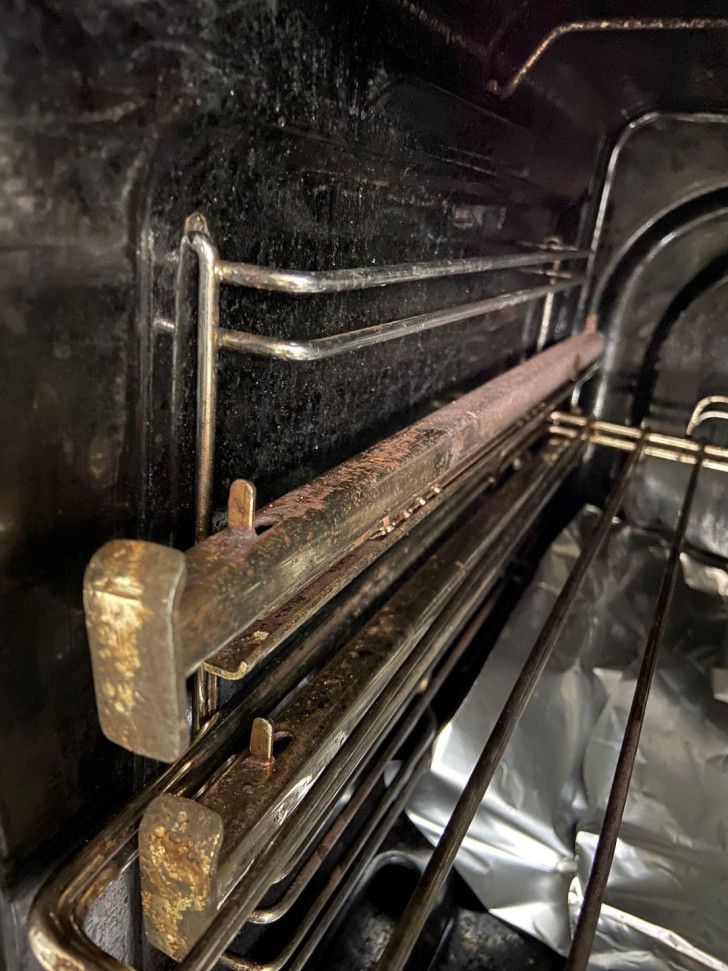
Rust inside an oven forms due to high humidity and oxygen levels. This can happen when: foods spill/splash/splatter in the oven while cooking; water vapor given off by food gets trapped in the oven, or; the oven is not dried off properly after washing. Ovens are not hermetically sealed environments and oxygen can get into them even when they are closed. This oxygen then reacts with the humidity given off by food, causing rust to form on the oven's surfaces. And given that most of an oven's components are metal, it is easy to see how rust can form in an oven, especially one that has been in operation for some time.
In addition, there are some other factors that can encourage the formation of rust:
- The acidic substances that emanate from certain foods, are left over by powerful cleaning detergents and even vinegar-based cleaners, can slowly erode the protective films/finishes on the metal, exposing it the elements that cause rusting (ie. humidity and oxygen).
- Scratches and damage to the internal surface will also expose "raw" metal to humidity and oxygen.
Given the above, if you notice rust is continually and consistently forming on removable parts of your oven, it is best to replace these parts (if they are relatively easy to dismantle). But when the rust covers large areas of the cooking chamber, it is time to replace your oven to prevent rust from contaminating the food cooked inside it (and which can pose a serious health risk).
The formation of rust in an oven can be prevented - or at least long-delayed - by taking the following steps:
- Promptly remove any food residue from the oven after cooking (ie. spills, splashes). If you do this systematically, you won't have to use powerful, aggressive oven cleaners later on;
- Allow the oven to cool down completely before closing the door (so as not to trap steam and humidity inside it);
- Never leave the door open when not in use (or when cooling down).
It is worth looking after your oven to make sure it serves you for a long, long time!
